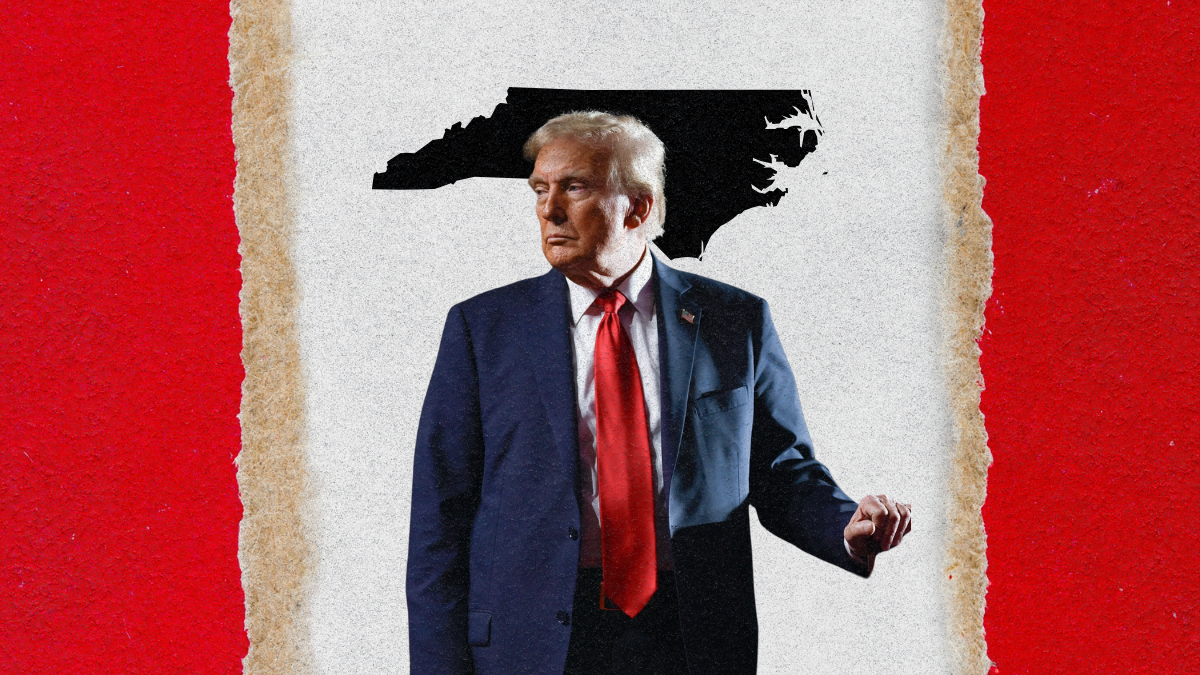Source: WRAL
Trump took 46 executive actions during his first day back in the White House. Here’s how some of those policy changes could impact North Carolina moving forward.
Attempting to End Birthright Citizenship
Hours after swearing to protect the Constitution, Trump attempted to repeal the 14th Amendment. One of his executive orders revokes the guarantee that US-born children are citizens regardless of their parents’ immigration status, a move that 22 states sued to stop.
North Carolina Attorney General Jeff Jackson quickly joined the lawsuit. “It was not a hard call from a legal standpoint as to whether or not this violates the Constitution,” Jackson said. “It plainly does.”
Around half a million immigrants call North Carolina home, of whom an estimated 325,000 are undocumented. A long legal battle is expected, with Trump’s executive order written to go into effect on February 19.
Pardoning Violent Criminals
Trump pardoned over 1,500 insurrectionists who were involved in the January 6 attack on the US Capitol. Six of those pardoned currently live in North Carolina.
The January 6 attack resulted in injuries to 174 police officers, killing five. Several of those pardoned have threatened to inflict more violence when released. One of the most prominent insurrectionists has vowed retribution for his imprisonment, and another proudly announced that we would be purchasing multiple firearms.
Rolling Back LGBTQ Protections
President Trump signed an executive order to establish that the federal government will only recognize a person’s gender as assigned at birth, a move that has already created anxiety and confusion for North Carolinians. One example involves changes to passports. Under the Biden administration, people were able to mark ‘X’ as their gender marker. They will now have to identify with the gender they were born.
In the days since Trump was sworn into office, a national crisis hotline for transgender youth has received more than 1,400 calls from young people in significant distress.
Halting Actions to Curb Climate Change
Trump took several actions to encourage more fossil fuel production and stall the adoption of sustainable energy practices across the country– from eliminating federal EV manufacturing goals to expanding offshore drilling. Trump also withdrew the United States from the Paris Climate Accords (for the second time), stalling climate change mitigation efforts during a time when the US is experiencing severe climate disasters ranging from hurricanes to wild fires.
Western North Carolina is still rebuilding from the damage caused by Hurricane Helene several months ago– a storm that was worsened by the elevated temperatures around the Gulf of Mexico.
The Economy– Stifling EV Manufacturing, Raising Taxes
Trump took several executive actions on the economy, many of which could raise consumer prices. The moves span from revoking Biden’s 2022 executive order on lowering prescription drug costs to threatening to impose tariffs on US trade partners.
Trump took aim at electric vehicle manufacturers, rescinding Biden’s EV targets and freezing funds for charging stations. This move could have a significant impact on North Carolina, which is becoming a leader in electric vehicle production and battery manufacturing. Trump’s plan to increase fossil fuel production comes during a period when production is already the highest it’s ever been– an unnecessary move that could cost many North Carolinians their jobs.
Regarding tariffs, Trump announced a 25% import tax on Canada and Mexico that will begin February 1, a severe tax increase that will likely be passed onto consumers across the country. Even higher tariffs could be levied on imports from China– a move that could raise prices by as much as 60%.





